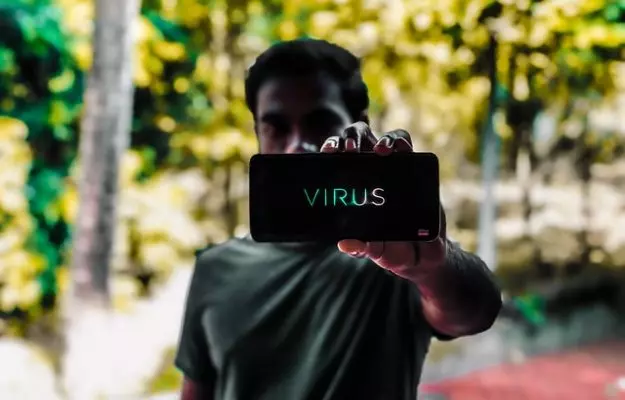Here, we take a look at the numerous superspreader events that have cropped up in India since the first cases of COVID-19 were recorded in January 2020:
27 March 2020: About 40,000 residents of 20 villages in Punjab had to be quarantined after a Sikh religious leader died of COVID-19, the first death recorded in the state from the novel coronavirus. The 70-year-old man had returned from a tour of Italy and Germany—both countries had already been declared COVID-19 hotbeds by then—and gone on to preach in more than a dozen villages in the state. At the time, India had 640 cases of COVID-19 out of which 30 were in Punjab. At least 19 people had tested positive within a week of his death, while about 550 people had been traced who had come in contact with him.
2 April 2020: A religious congregation in the heart of the capital city of Delhi in March became one of India's biggest superspreading events. Delhi recorded an increase of 141 cases on 2 April, with more than 90% of the new cases linked to the March congregation in the Nizamuddin area of New Delhi. According to government analysis of the event, as many as 4,291 cases out of the total of 14,378 cases back then were linked to the Delhi event. The people who had attended the event had already dispersed to various parts of the country by 2 April, and had infected hundreds of others in the process.
10 May 2020: In Ahmedabad, as many as 334 were reported to be under active surveillance from the local municipal authorities. Shopkeepers and street vendors were found to be carrying unusually high loads of the new coronavirus, which led to the quarantine of as many as 96 people who were the vendors' primary and secondary contacts. At the time, Ahmedabad had 5,540 out of Gujarat's 7,797 total cases.
10 May 2020: A shop owner in Hyderabad ignored the lockdown restrictions and threw a birthday party, which was responsible for as many as 45 new cases and 15 clusters were identified as a result in the city. This superspreader event led to the locality of the outbreak to become the new hotspot for the infection in the city.
11 May 2020: A bustling wholesale market in Chennai accounted for the next superspreader event in India. The total number of cases in the southern state of Tamil Nadu had risen to over 9,000, with about 2,005 new cases being linked to the area. The Koyambedu vegetable market was shut down shortly after. The number of cases reported there was far higher than the numbers linked to the Nizamuddin event in Delhi, whose attendees had spread the infection in Chennai thereafter.
15 June 2020: A wedding in Bihar's capital Patna became the next superspreader event with as many as 113 people who attended the event testing positive for COVID-19. The groom, who died on June 17—two days after the wedding—had been cremated without being tested, while over 360 people including the primary and secondary contacts of those who attended the event, were tested for the virus.
4 July 2020: A family of three individuals in Odisha's Rayagada district were identified as superspreaders with as many as 87 people who came in contact with them testing positive for the virus. The family had returned from Andhra Pradesh two weeks before and were in institutional quarantine which was mandatory in the state, but came in contact with several others upon their return home. As many as 13 people tested positive through contact tracing, but another 74 people from the village of Bijaypur tested positive thereafter.
9 July 2020: The southern state of Kerala, which has been lauded for its efforts in limiting the spread of infection in the state, reported its first superspreader event. The Poonthura region of Kerala emerged as the latest hotspot in the country with the state reporting its highest single-day spike of 301 cases, with a majority of them being reported from the coastal town of Poonthura. As many as 119 new cases were reported in Poonthura from the 600 samples that were tested over a period of five days. Activities such as fishing had to be banned by the state government to be able to limit the spread of the infection, as many of the fish merchants had also travelled across the border to Tamil Nadu, and may have likely infected more people.
15 July 2020: The Bihar BJP office in Patna emerged as a new COVID-19 hotspot with 24 cases reported in a single day that included prominent members of the party, including the state's general secretary as well as two vice presidents. According to the members of the political party, a senior leader who had come to visit the office tested positive for the virus, after which 74 samples were collected for tests. The incident took place the same day the state of Bihar recorded the highest single-day spike in COVID-19 cases with 1,432 new infections. The state government ordered a complete lockdown in urban areas from 15 to 31 July to control the situation.
To be sure, these aren't the only big events in the spread of COVID-19 across India. There are examples of pizza delivery people giving the infection to dozens of families and people in religious and marriage processions flouting all norms of social distancing, too. As India crosses 10 lakh cases of COVID-19, it may be instructive to look at these events again and see what we can do differently as a community to prevent the next million cases.















